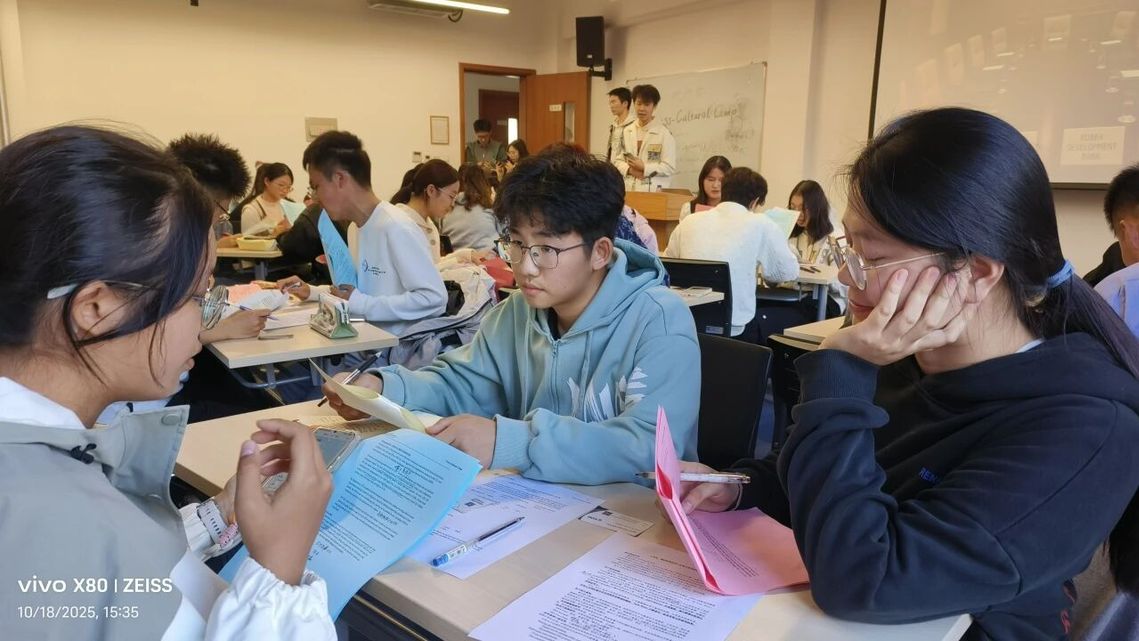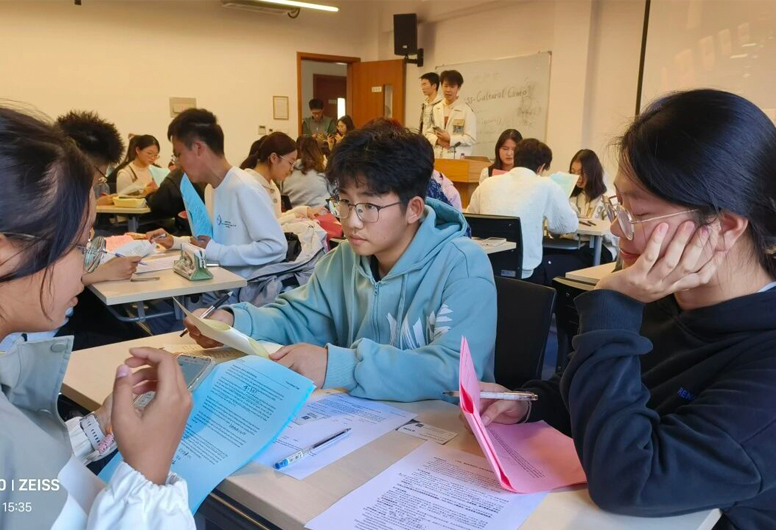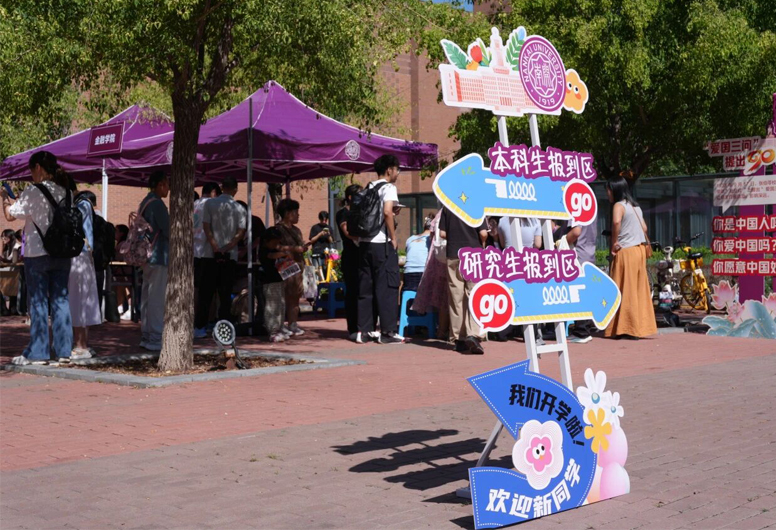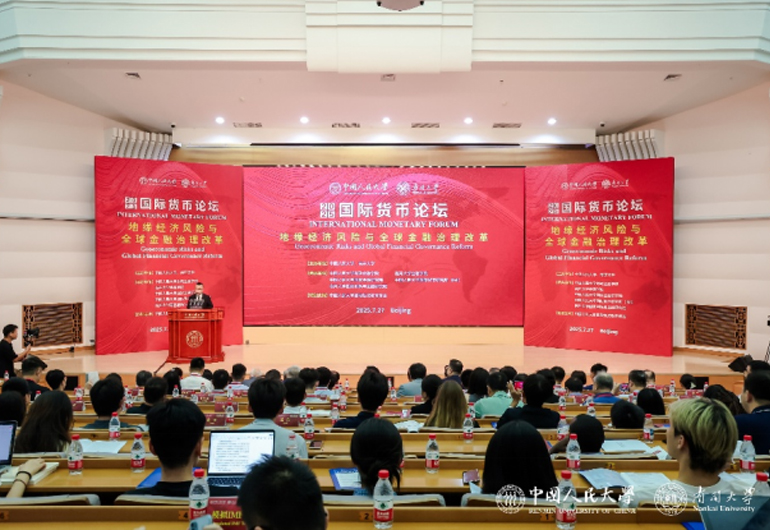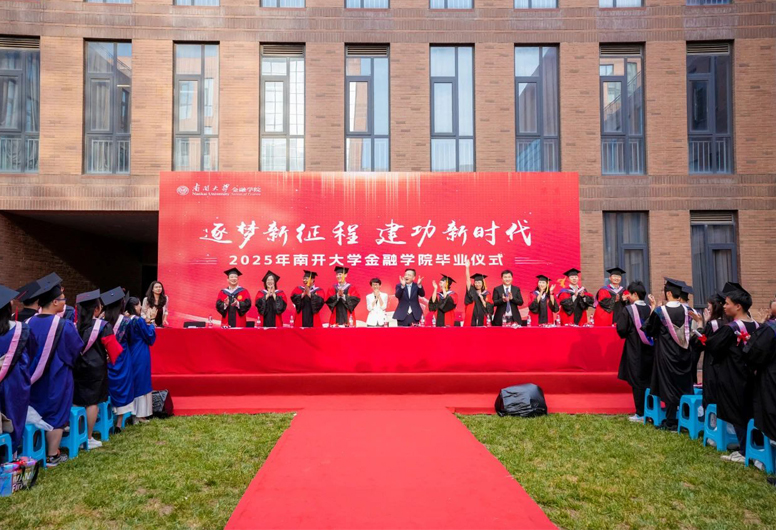Students from Seven Countries Perform “Negotiation Drama”! Nankai Finance’s Cross-Cultural Skills Training Camp is a Huge Success!
To cultivate versatile talents with a global perspective and cross-cultural communication skills, the “English Case Negotiation Simulation” event was successfully held from October 18 to 19. Organized by the Undergraduate Teaching Office of the School of Finance, the event took place at the Tianjin Nankai campus and Baitai campus.
As the second event in the “Cross-Cultural Skills Training Camp” series, this negotiation simulation attracted over 80 students from seven countries, including China, Vietnam, the Philippines, Malaysia, and more. Participants from various academic backgrounds, ranging from undergraduates to doctoral students, engaged in a highly realistic business negotiation, showcasing a collision of ideas and cultures.
The biggest highlight of this event was the adoption of an immersive case teaching model, sourced from top business schools. The cases used in the event were developed by a team of undergraduate students from the School of Finance. They worked together across different years and majors, meticulously recreating the iconic 2008 Lehman Brothers acquisition case, setting up a highly realistic negotiation scenario.
Looking ahead to the complexities of the future business world, the case was specially designed to create a cross-cultural negotiation scenario, pushing participants beyond their cultural “comfort zones.” Students from diverse cultural and academic backgrounds showcased varied ways of thinking as they played specific roles in the negotiation. To help students better navigate cross-cultural environments, the event incorporated the classic “Cultural Dimensions Theory.” By systematically comparing cultural differences in communication, time perception, individualism vs. collectivism, and other dimensions, the students were provided with theoretical tools and practical strategies to tackle real-life “culture shocks,” moving cross-cultural negotiation from “gut feeling” to “methodical approach.”
“We hope participants will not focus solely on the outcome of the negotiation, but rather appreciate the development of leadership, expression, and collaboration skills throughout the process. We expect them to learn how to handle dense information, play distinct roles, and eventually draw on all their wisdom to tackle the challenge.”
“We also hope that after the event, everyone will leave with a sense of pride in solving problems, a feeling of achievement in team negotiations, and a new understanding of themselves, culture, language, and timing. Armed with these insights, they will step confidently onto bigger stages.”
